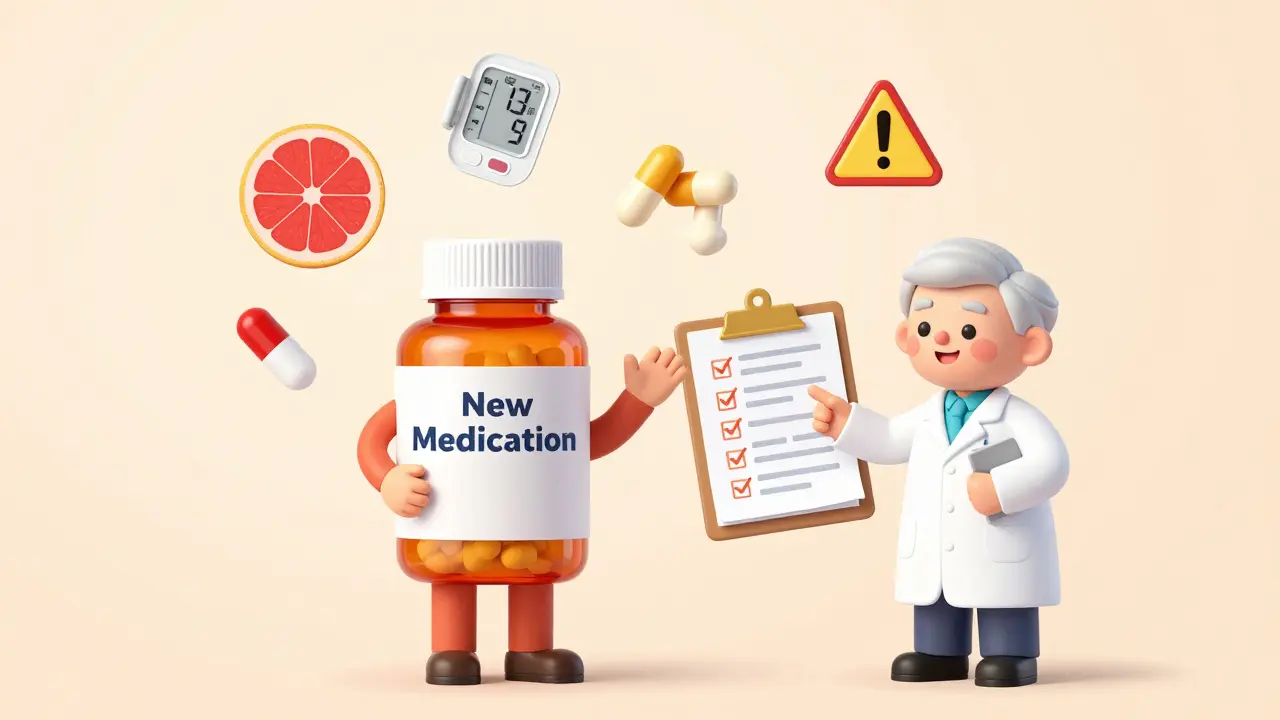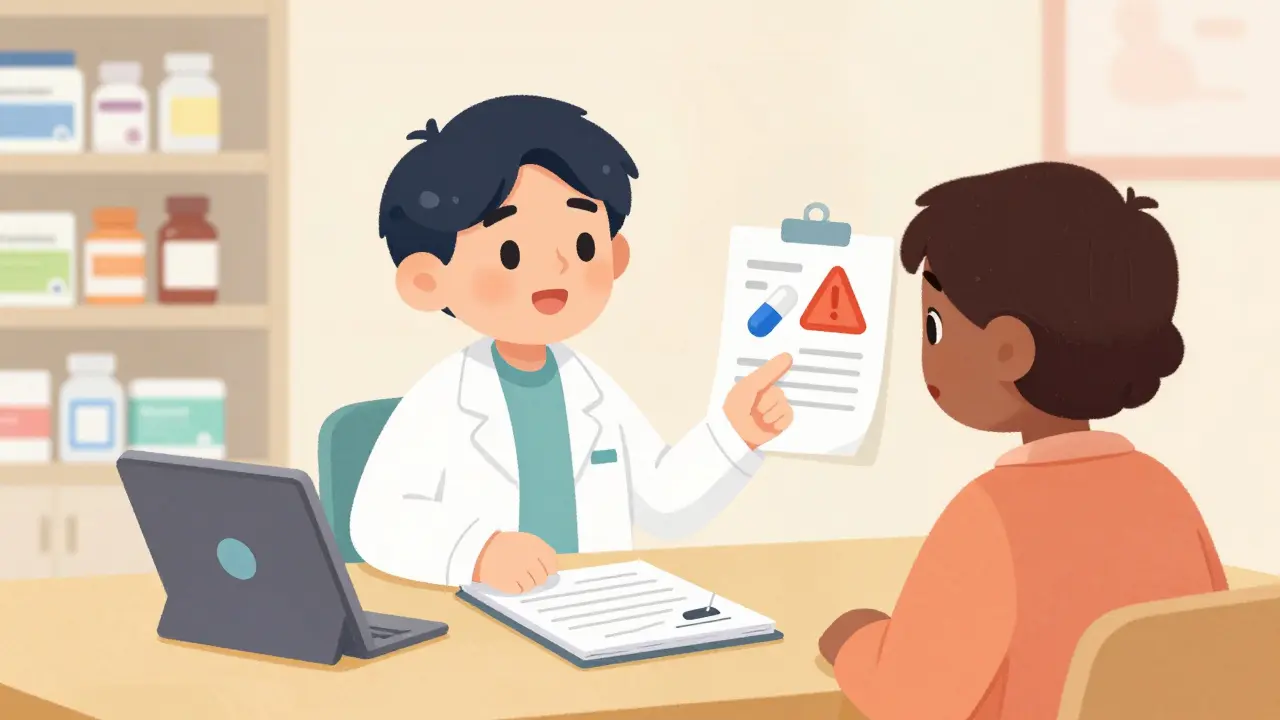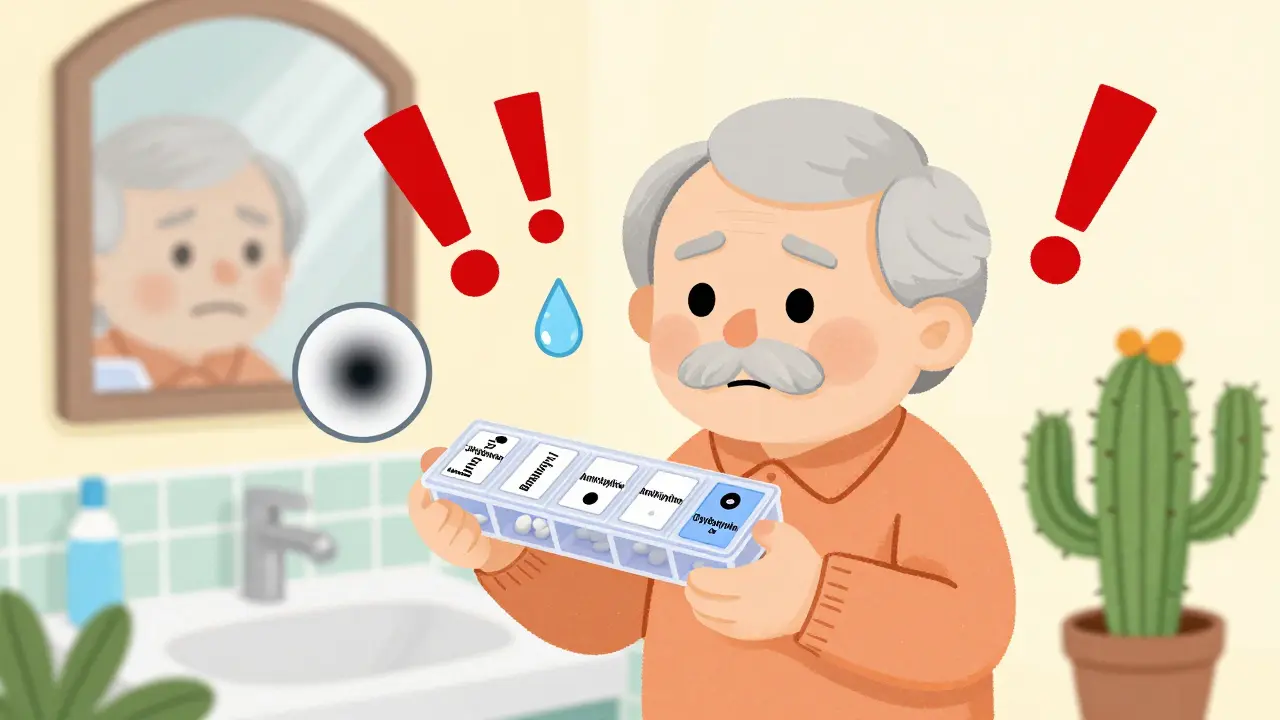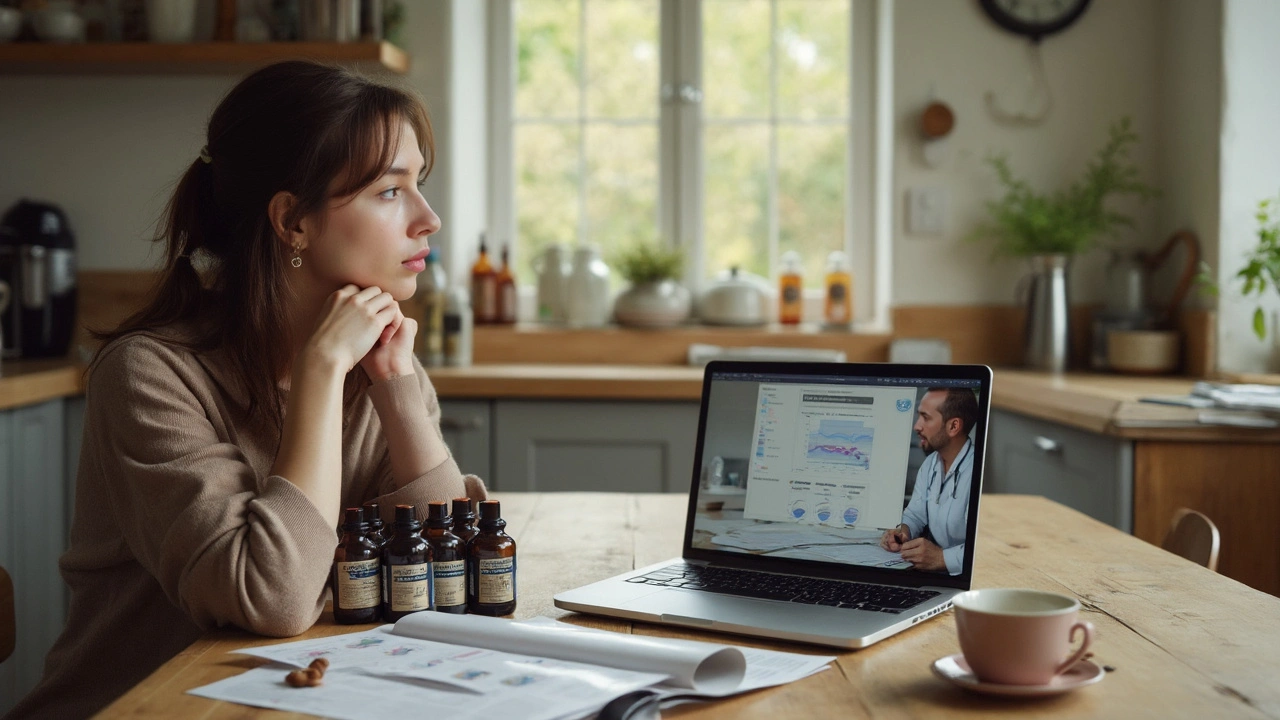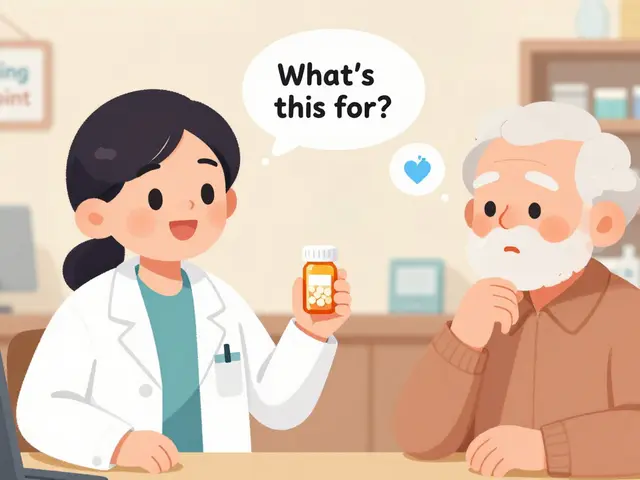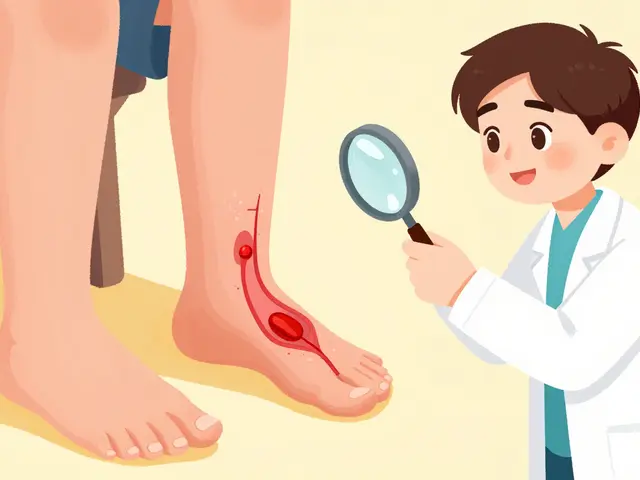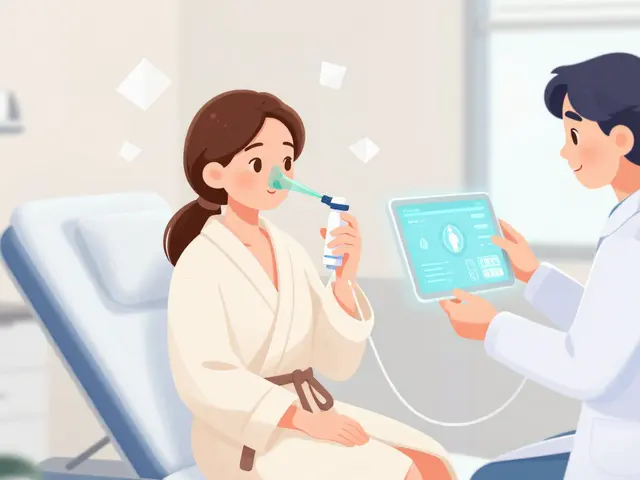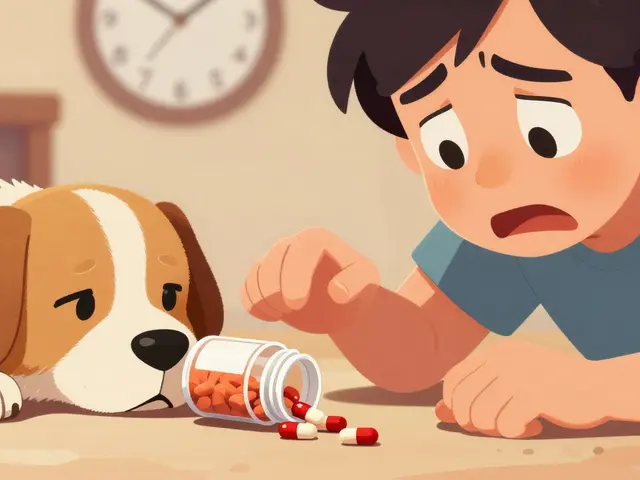Drug Interactions: How to Avoid Dangerous Mixes
Drug interactions happen when two or more medicines change each other's effects. They can make a drug weaker, stronger, or cause unexpected side effects. Knowing the common interactions lowers your risk a lot.
Some interactions are obvious, like mixing prescription sleeping pills with alcohol. Others are sneaky, like grapefruit juice altering statin levels. Even herbal supplements and vitamins can cause trouble.
Start by keeping a current list of everything you take. Include prescriptions, over-the-counter pills, vitamins, herbs, and recreational drugs. Show this list to every clinician and pharmacist you see.
Common risky combinations
Blood thinners like warfarin interact with many antibiotics and pain relievers. That can increase bleeding risk. Watch for bruising, dark stools, or sudden headaches.
Antidepressants combined with certain migraine drugs or some pain meds can trigger serotonin syndrome. Symptoms include agitation, fast heartbeat, sweating, and high temperature.
Statins plus some antibiotics or antifungals raise the chance of muscle damage. Muscle pain, weakness, or dark urine are red flags.
Stimulants and other heart-affecting drugs can raise blood pressure and heart rate. That includes ADHD meds, modafinil, and some decongestants.
How to check and prevent dangerous mixes
Use a single pharmacy whenever possible so pharmacists can spot interactions. If you must use different stores, ask each pharmacist to review your full list.
Use reputable interaction checkers online or apps from well-known medical sites. They are not perfect but give a quick first look. Always confirm with a clinician.
Ask simple questions: will this affect my other meds? Are there foods or drinks to avoid? What side effects should prompt a doctor visit? Clear, short questions get clear answers.
Be careful with herbal remedies. St. John’s Wort, ginkgo, and kava change how other drugs work. Tell your doctor if you take any of them.
When starting a new drug, ask about dose adjustments or extra monitoring. For instance, doctors often check blood tests when drugs that affect the liver or kidneys are added.
If you notice sudden symptoms after adding a medication, stop and seek advice. Don't assume a symptom is unrelated. Quick action can prevent serious harm.
Carry an up-to-date medicines list or use a phone lock screen with emergency contacts. In an emergency, this info helps paramedics and ER staff make faster, safer choices.
Drug interactions are common but manageable. With a simple routine—list everything, ask smart questions, and use your pharmacist—you reduce risk and keep treatments working as intended.
Read medication leaflets for interaction warnings and follow timing advice. For example, taking antacids can block absorption of some antibiotics so stagger doses by two hours. Avoid routine alcohol use with sedatives, painkillers, or metronidazole—alcohol can make effects worse or cause nausea and flushing. Pregnant or breastfeeding people should check every medication with their provider. Older adults often need lower doses because kidneys and liver clear drugs more slowly. If you plan surgery, list all meds to the surgical team, including supplements. When in doubt, call your pharmacist for quick guidance.
How to Manage Interactions When Starting a New Medication
Learn how to prevent dangerous drug interactions when starting a new medication. Know the top 5 risky combos, what to ask your doctor, and how supplements like St. John’s Wort can sabotage your treatment.
Read MoreHow to Use Your Pharmacy’s Consultation Service for Medication Safety
Your pharmacy's consultation service is a free, underused tool that prevents dangerous drug interactions, saves money, and improves health outcomes. Learn how to use it effectively for medication safety.
Read MoreAntispasmodics and Anticholinergic Drug Interactions: What You Need to Know
Antispasmodics like dicyclomine and hyoscine can cause dangerous interactions when taken with common medications such as antidepressants, antihistamines, and sleep aids. Learn which combinations to avoid and what safer alternatives exist.
Read MoreBlack Seed Supplement Dangers: Liver Risks, Drug Interactions, and Safe Dosage Explained
Exploring the hidden risks of black seed supplements, this article sheds light on liver toxicity, potential drug interactions, and how to find the right daily limit for safety. Practical tips and real facts reveal what manufacturers usually leave out. Discover what happens when you overdo it and learn to use black seed safely for your well-being.
Read More